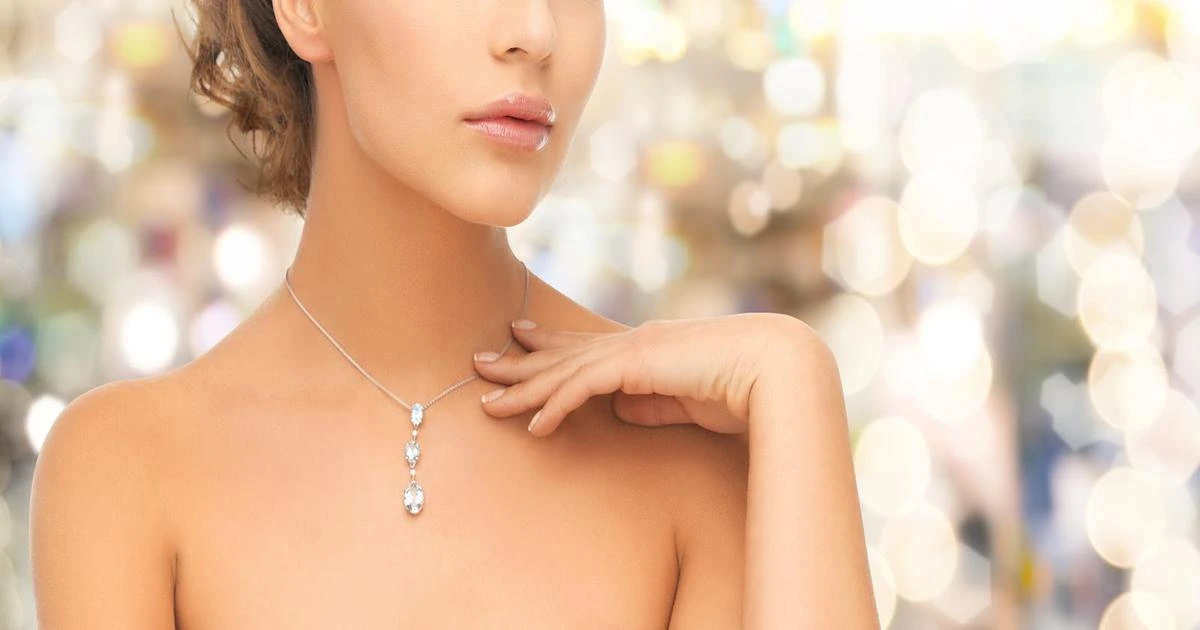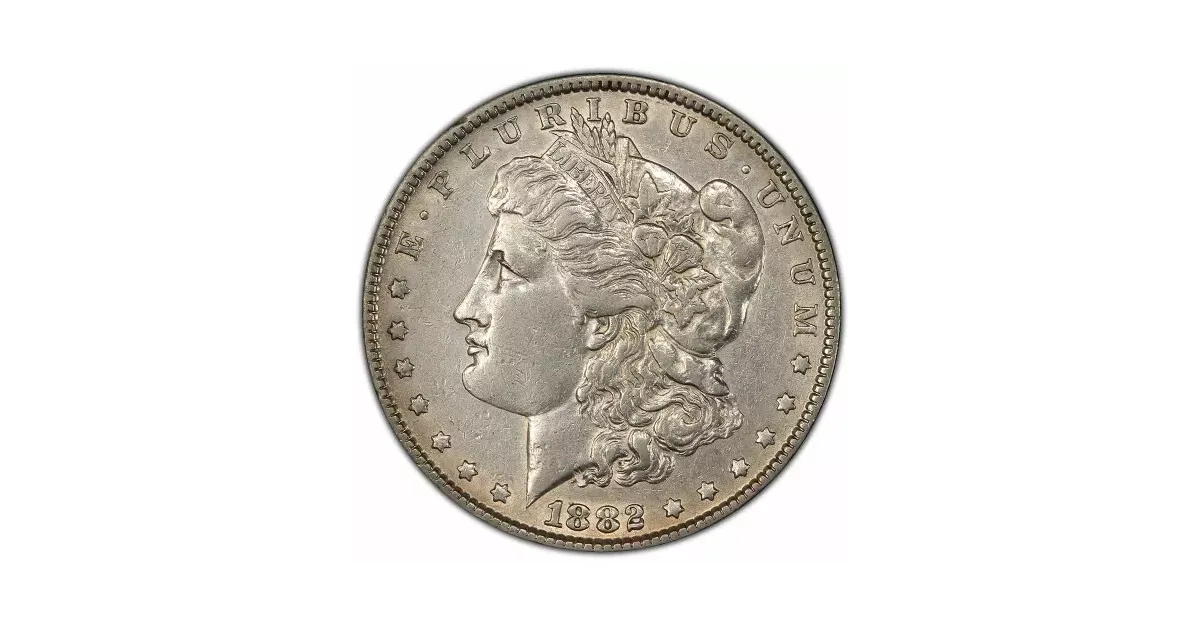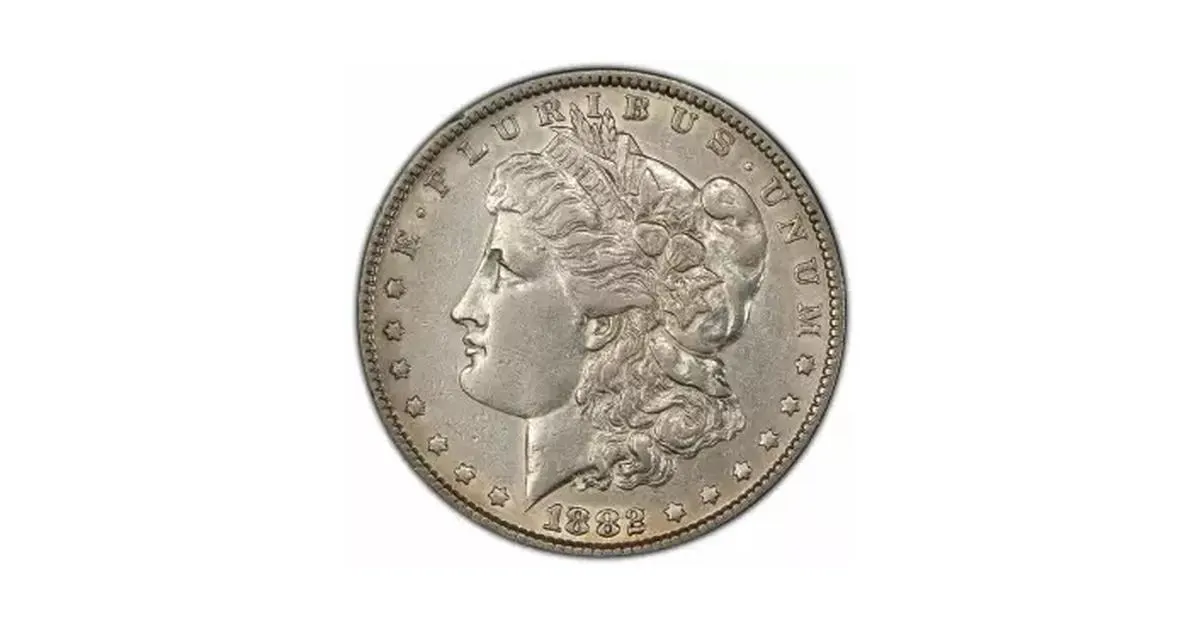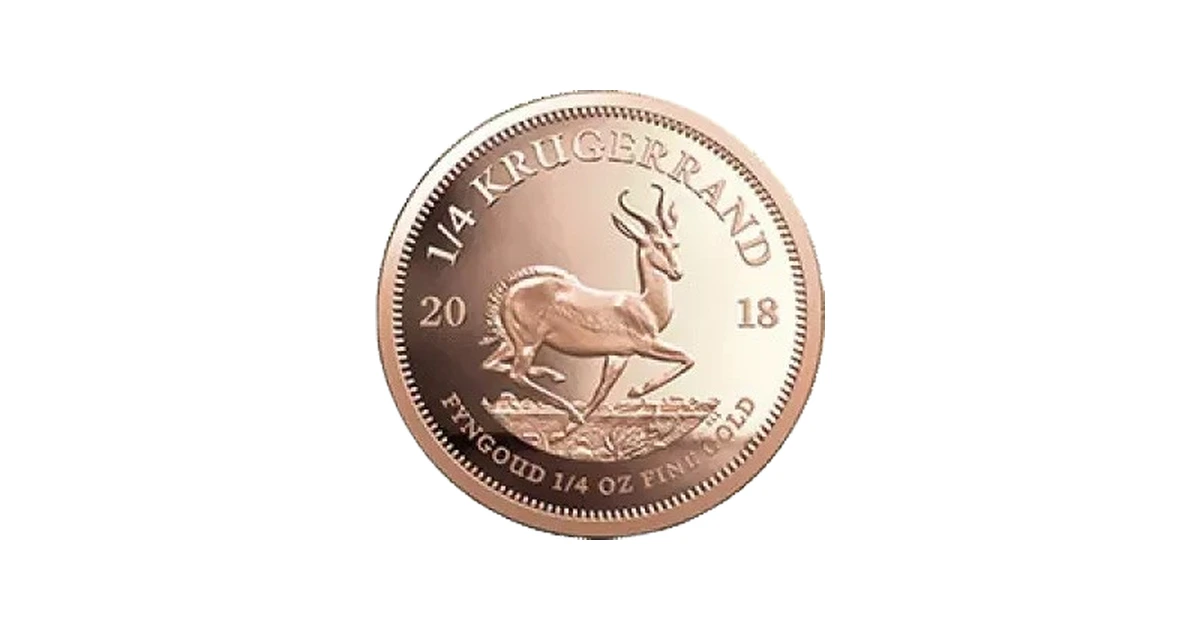
Jewelry appraisal is more than just determining how much it costs to make a piece — it’s about understanding its true value. An appraisal considers factors like the quality of materials, craftsmanship, and current market trends to provide an accurate assessment of worth.
Whether you need an appraisal for insurance, resale, estate planning, or simply for personal knowledge, having an up-to-date evaluation ensures you’re well-informed. In this guide, we’ll walk you through everything you need to know about jewelry appraisals. From the key elements that influence value to choosing a trustworthy appraiser and why keeping your appraisal current is essential.
What is a Jewellery Appraisal?
A jewelry appraisal is the professional analysis of a piece's worth based on a range of criteria, such as materials, craftsmanship, and market trends. In contrast to a casual price quote, an appraisal offers a formal report that can be utilized for insurance claims, estate settlements, or resale.
Types of Appraisals
Different kinds of jewelry appraisals serve specific purposes.
- Insurance Appraisal: Gives a replacement value to use for insurance purposes.
- Fair Market Value Appraisal: Finds the resale value based on existing market conditions.
- Estate Appraisal: For tax and inheritance purposes.
- Liquidation Appraisal: Finds a quick-sale value, usually below market price.
How It Differs from a Certification
At first glance, appraisals might seem like an official certification for your jewelry, but they’re not the same thing. An appraisal determines the value of a piece, while a certification assesses the characteristics of gemstones without assigning a monetary worth.
Factors That Determine the Value of Jewellery
Understanding what influences the value of your jewelry is key to getting an accurate appraisal. Several factors come into play, from the materials used to the craftsmanship behind the piece. Let’s take a closer look at the elements that determine how much your jewelry is truly worth.
Materials and Precious Metals
The value of jewelry heavily depends on the type and purity of the metal used. Precious metals like gold, platinum, and silver inherently hold more worth than common metals. But their market value is also influenced by global economic conditions, supply and demand, and geopolitical factors. Additionally, within each metal category, purity matters. 24K gold, for instance, is more valuable than 14K gold due to its higher gold content.
The weight of the metal also plays a role. Heavier pieces, especially those made of high-purity gold or platinum, are generally worth more. However, intricate designs and craftsmanship can sometimes outweigh the value of raw materials, proving that artistry is just as important as substance.
Gemstone Quality and Rarity
Gemstone valuation depends greatly upon the 4 Cs — Cut, Color, Clarity, and Carat weight. A precise cut shows the brilliance of the maker, while color intensity can have a considerable effect on its rarity. Uncommon and untreated gemstones like natural Kashmir sapphires or Paraiba tourmalines tend to be highly priced because of their rarity and distinct visual beauty.
Brand and Craftsmanship
Branding plays a significant role in shaping consumer perception and value. Prestigious names like Cartier, Tiffany & Co., and Van Cleef & Arpels add exclusivity and trust to jewelry, often increasing its worth. Superior craftsmanship, intricate hand-setting, and unique designs further elevate an item’s appraisal value, distinguishing luxury pieces from mass-produced jewelry.
Historical and Antique Value
Jewelry isn’t just about materials, it’s about the stories behind them. Whether it’s a renowned brand’s legacy or a piece’s historical significance, context adds value beyond its original intent. Antique and vintage jewelry often appreciate in worth due to their age, craftsmanship, and provenance.
Pieces from iconic eras like the Victorian or Art Deco periods showcase exceptional artistry and rare materials that are difficult to replicate today, making them highly desirable. Additionally, jewelry with a notable previous owner or a well-documented history tends to command higher appraisals, especially in auctions and among collectors.
How the Jewellery Appraisal Process Works
Jewelry appraisals are done by professionals who are trained to look for the usual and distinguishing features of jewelry.
What to Expect During an Appraisal
During an appraisal, your jewelry will be examined for materials, craftsmanship, and gemstones. After, it will be compared to the existing market data and trends. Finally, a written report detailing its value will be documented.
Who Performs the Appraisal?
Certified gemologists, independent appraisers, or trusted jewelry experts can perform jewelry appraisals. Always look for credentials before you get your appraisal done by someone.
How Long Does It Take?
Depending on the complexity of the jewelry, the analysis required, and the number of professionals consulted for the job, appraisals can take anywhere between a few hours to a few days.
How to Avoid Falling For Scams

You should look for these red flags in your appraiser to avoid getting scammed with inaccurate valuations.
- The appraiser offers to buy your jewelry immediately after appraisal: This can be a sign that he has evaluated your jewelry to be less than what it is worth.
- The appraiser provides valuations without thorough examination: It shows a lack of expertise and professionalism. They might turn out to be a fraud.
- Lack of certification or professional affiliations shows a lack of expertise. Certifications from reputable organizations like GIA, AGS, or NAJA assure that you are dealing with an authentic and expert jewelry appraiser.
Updating Your Jewellery Appraisal: When and Why?
The value of your jewelry isn’t set in stone. It fluctuates over time due to changes in market trends, metal prices, and gemstone valuations. That’s why keeping your appraisal up to date is essential. Whether for insurance purposes, resale, or estate planning, regular updates ensure you always have an accurate understanding of your jewelry’s worth.
How Often Should You Update an Appraisal?
Jewelry values can shift significantly due to fluctuations in the prices of precious metals and gemstones. Typically, experts recommend updating appraisals every 3 to 5 years to reflect these market changes. However, if there’s a sharp rise in gold, platinum, or diamond prices — or if you own rare and high-value pieces—you may want to reassess your jewelry even sooner. Additionally, major life events like inheritance, divorce, or the decision to sell can make an updated appraisal crucial for legal and financial clarity.
Insurance Considerations
Your insurance policy relies on your most recent appraisal to determine how much you’ll be reimbursed in case of loss, theft, or damage. If your jewelry’s value has increased but your appraisal is outdated, you risk receiving a lower payout than its current worth.
By keeping your appraisal current, you ensure that your insurance coverage accurately reflects the true replacement value of your jewelry — protecting your investment and giving you peace of mind.
Resale and Estate Planning
A well-documented, up-to-date appraisal is essential for resale and estate planning. If you plan to sell your jewelry, having a recent appraisal provides potential buyers or auction houses with a credible valuation, increasing the likelihood of a fair and competitive sale.
For estate planning, appraisals help determine asset distribution, preventing disputes among heirs and ensuring that inheritances are based on current market value. This is particularly important for legal proceedings, as estate settlements must comply with IRS regulations and inheritance tax laws.
Additionally, a recent appraisal enhances liquidity, making it easier to sell or leverage your jewelry in financial transactions. Whether for insurance, legal matters, or market readiness, staying proactive with your appraisals ensures you’re always informed and prepared.
Jewellery Appraisal Services at Pacific Precious Metals

At Pacific Precious Metals, we understand that a professional jewelry appraisal is essential in determining the true value of your treasured pieces. Whether you're looking to insure, sell, or pass down a family heirloom, having an accurate valuation based on current market trends and intrinsic material worth ensures you’re making informed decisions. Our appraisal services are built on expertise, transparency, and precision, giving you the confidence that your jewelry’s worth is assessed with the utmost care.
Why Choose Pacific Precious Metals for Appraisals?
With extensive experience in precious metals and rare jewelry valuation, we specialize in appraising everything from contemporary pieces to antique and estate jewelry. Our expert evaluations are backed by industry knowledge, advanced tools, and a deep understanding of market fluctuations, ensuring that every appraisal is both comprehensive and reliable.
Our Comprehensive Evaluation Process
We follow a structured, transparent, and market-driven approach to appraisals. Our process ensures accurate documentation and legally recognized reports that hold value for insurance claims, resale, and estate planning.
Our appraisal process includes:
- Detailed material and gemstone analysis: Assessing purity, quality, and characteristics of metals and gemstones.
- Market comparisons: Evaluating your jewelry against current trends and pricing data.
- Professional, legally recognized appraisal report: Providing an official document that reflects your jewelry’s true worth.
Protect Your Investment with Expert Appraisal Services
Jewelry appraisals are essential for safeguarding your investment, setting the right resale price, and keeping your insurance coverage up to date. At Pacific Precious Metals, our expert appraisers provide fair, precise, and market-reflective valuations, giving you peace of mind and ensuring your assets are accurately documented. Get your jewelry appraised with confidence. Schedule your appointment today!







